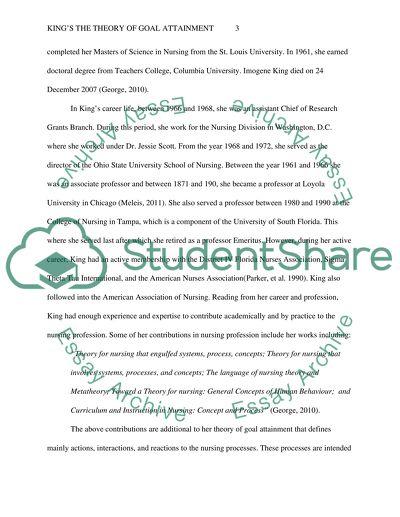Cite this document
(“Nursing theory Research Paper Example | Topics and Well Written Essays - 2000 words”, n.d.)
Nursing theory Research Paper Example | Topics and Well Written Essays - 2000 words. Retrieved from https://studentshare.org/nursing/1686626-nursing-theory
Nursing theory Research Paper Example | Topics and Well Written Essays - 2000 words. Retrieved from https://studentshare.org/nursing/1686626-nursing-theory
(Nursing Theory Research Paper Example | Topics and Well Written Essays - 2000 Words)
Nursing Theory Research Paper Example | Topics and Well Written Essays - 2000 Words. https://studentshare.org/nursing/1686626-nursing-theory.
Nursing Theory Research Paper Example | Topics and Well Written Essays - 2000 Words. https://studentshare.org/nursing/1686626-nursing-theory.
“Nursing Theory Research Paper Example | Topics and Well Written Essays - 2000 Words”, n.d. https://studentshare.org/nursing/1686626-nursing-theory.


